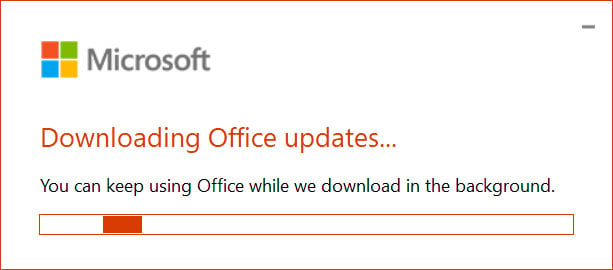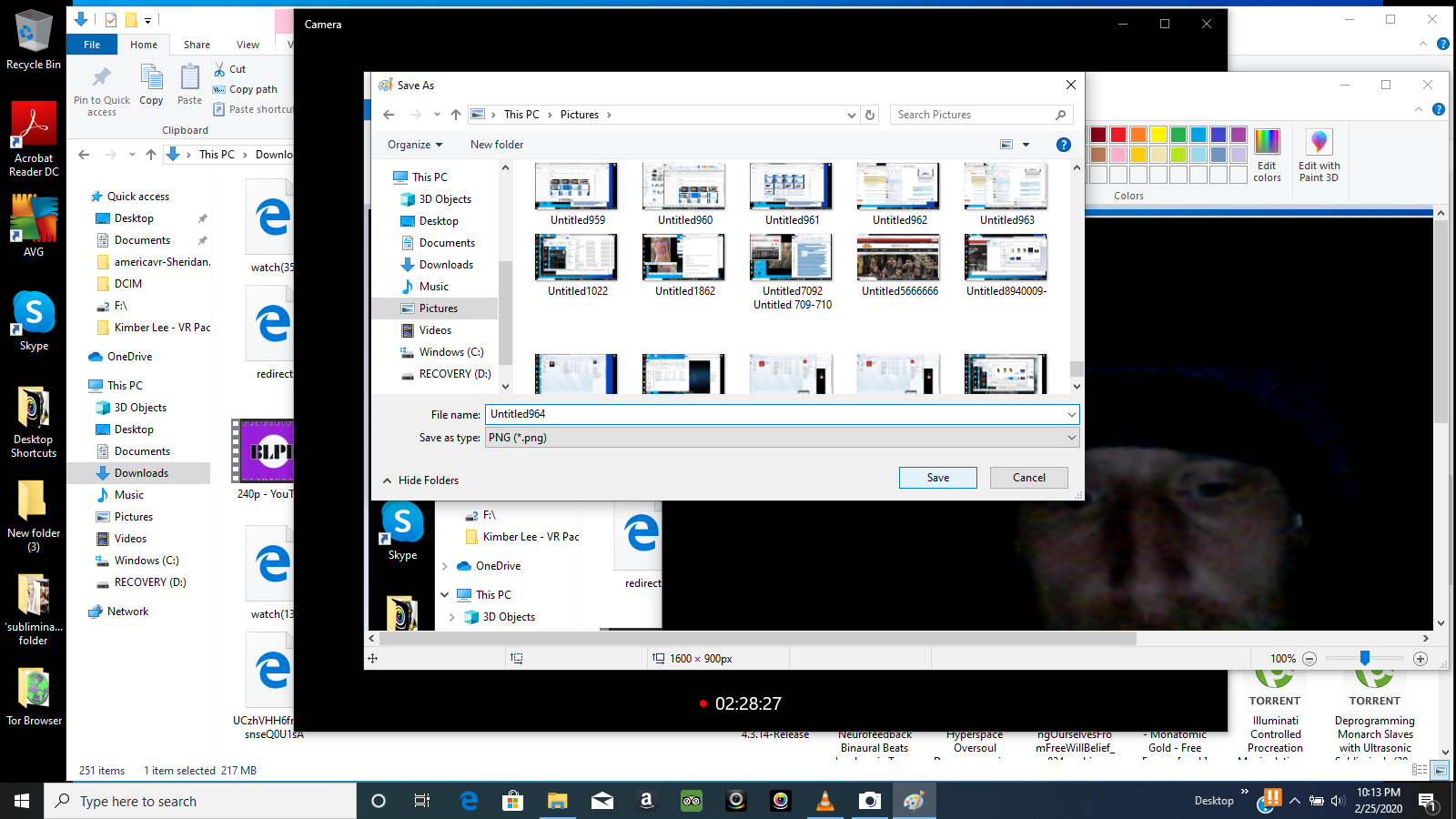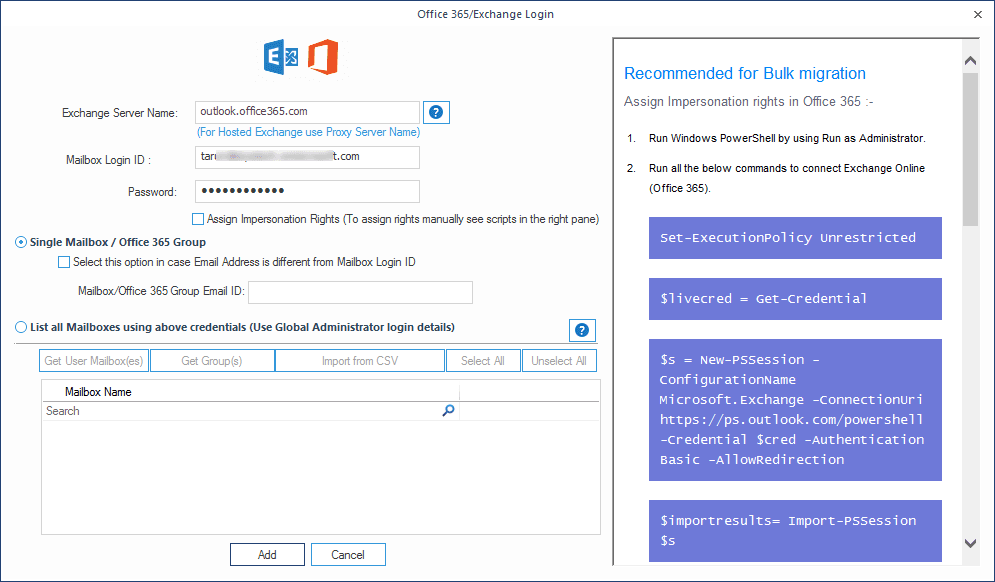Office 2010 includes applications such as Word, Excel, PowerPoint, and Outlook. They’re available as a one-time purchase for use on a single PC. Microsoft 365 plans include premium versions of these applications plus other services that are enabled over the Internet, including online storage with OneDrive and Skype minutes for home use. To get an older version like Office 2013, click the text link labeled Language and install options. Again, don’t jump the gun and click the Install button, as that will also simply install the latest version. Instead, find and click on the Additional install options link at the bottom. However, from an Outlook perspective, you’d be missing out on some Office integration features but it was possible. Examples: Outlook 2010 can be installed alongside Office 2013 Home & Student. Outlook 2013 can be installed alongside Office 2007 Professional when Outlook 2007 isn’t being installed.
-->
Use the links on this page to get more information about and download the most recent updates for the perpetual versions of Outlook 2016, Outlook 2013, and Outlook 2010.
Note
- The information in this article only applies to perpetual versions of Outlook that use the Windows Installer (MSI) installation technology. For example, if you installed a volume licensed version of Outlook, such as Outlook included with Office Professional Plus 2016.
- The information in this article doesn't apply to Microsoft 365 Apps.
- To find out what version of Outlook you're using, see What version of Outlook do I have?
- For more information about installing Office updates, see Install Office updates.
Outlook compatibility with Microsoft 365 and your on-premises environment depends on the system requirements for your deployment:
Download Old Version Of Outlook 2020
Microsoft 365 works with any version of Outlook that is in mainstream support, which includes the latest version of Outlook 2016. For previous versions of Outlook, only those that have extended support may continue to work with Microsoft 365, although with reduced functionality. For more information, see Microsoft Lifecycle Policy.
For Exchange on-premises deployments, follow the system requirements for your version of Outlook:
Outlook 2016 updates
| Latest Service Pack (SP) | Minimum required update | Latest Public Update (PU) |
|---|---|---|
| N/A | March 2016 PU KB3114861 | May 2021 PU KB5001921 |
Outlook 2013 updates
| Latest Service Pack (SP) | Minimum required update | Latest Public Update (PU) |
|---|---|---|
| SP1 KB2850036 | December 2015 PU KB3114349 | April 2021 PU KB4504733 |
Outlook 2010 updates
Important
Support for Office 2010 ended on October 13, 2020. If you haven't already begun to upgrade your Office 2010 environment, we recommend you start now. For more information, see Office 2010 end of support roadmap.
| Latest Service Pack (SP) | Minimum required update | Latest Public Update (PU) |
|---|---|---|
| SP2 KB2687521 | October 2015 PU KB3085604 April 2015 PU for Office 2010 for MAPI/HTTP KB2956191 | April 2021 PU KB4493185 |
I’ve got an Office 365 subscription so I can install Office 2016, but since my company is still using Exchange 2007, I can’t upgrade to Outlook 2016 yet.
Can I install Office 2016 as part of my Office 365 subscription and a standalone edition of Outlook 2013 instead?
Although it used to be possible (but never really recommended) to install a mix of different Office versions and standalone applications, this is no longer supported when it comes to Office 2016.
However, you might be eligible for a free upgrade of a qualifying standalone Office application.
Office 2013 and previous
Up to Office 2013, you could mix your Office installation with standalone editions of applications belonging to a previous Office version.
The trick was to always install the older version before the newer version. However, from an Outlook perspective, you’d be missing out on some Office integration features but it was possible.
Examples:
- Outlook 2010 can be installed alongside Office 2013 Home & Student.
- Outlook 2013 can be installed alongside Office 2007 Professional when Outlook 2007 isn’t being installed.
- Office 365 Home 2013 can be installed alongside Outlook 2010 (although not recommended as Office 365 Home 2013 also contains Outlook 2013).
Office 2016
The above is no longer the case when it comes to Office 2016 and any of the Office 2016 standalone applications. As soon as you install an Office 2016 product, all your other previous Office applications need to be uninstalled and upgraded to their Office 2016 edition as well if you want to continue to use them.
Examples:
- Outlook 2013 can’t be installed alongside Office Home & Student 2016.
- Outlook 2013 can’t be installed alongside Office 365 Home 2016.
- Outlook 2016 can’t be installed alongside Office Professional 2013.
- Visio 2013 can’t be installed alongside Office 365 Home 2016.
Free upgrade offer



Since this is a change of how it previously worked, Microsoft is offering a free upgrade for qualifying Office 365 subscriptions and standalone purchases of 2013 and 2016 retail versions of Office applications.
Download Old Version Of Outlook App
For more information about this offer see: Special offer for customers with Office 2016 and Office 2013 standalone applications.
This offer expires February 28, 2017 so make sure you get your upgrade before then.
Download Old Version Of Outlook 365
Volume License editions of Office 2016
The only exception to not being able to mix Office versions is when you are using a Volume License edition of an Office 2016 application.
Download Old Version Of Outlook Express
This is because Volume License editions use an msi-based installation instead of a Click-to-Run based installation. However, these Volume License editions can’t be combined with non-Volume License editions of Office 2016 applications.
Examples:

- Outlook 2013 can be installed alongside Office Professional Plus 2016 when Outlook 2016 isn’t being installed.
- Outlook 2016 standalone can’t be installed alongside Office Professional Plus 2013 as Outlook standalone isn’t available via Volume Licensing.
- Outlook 2016 as part of the Office Standard 2016 suite can be installed alongside Office Professional Plus 2013 when Outlook 2013 isn’t being installed.